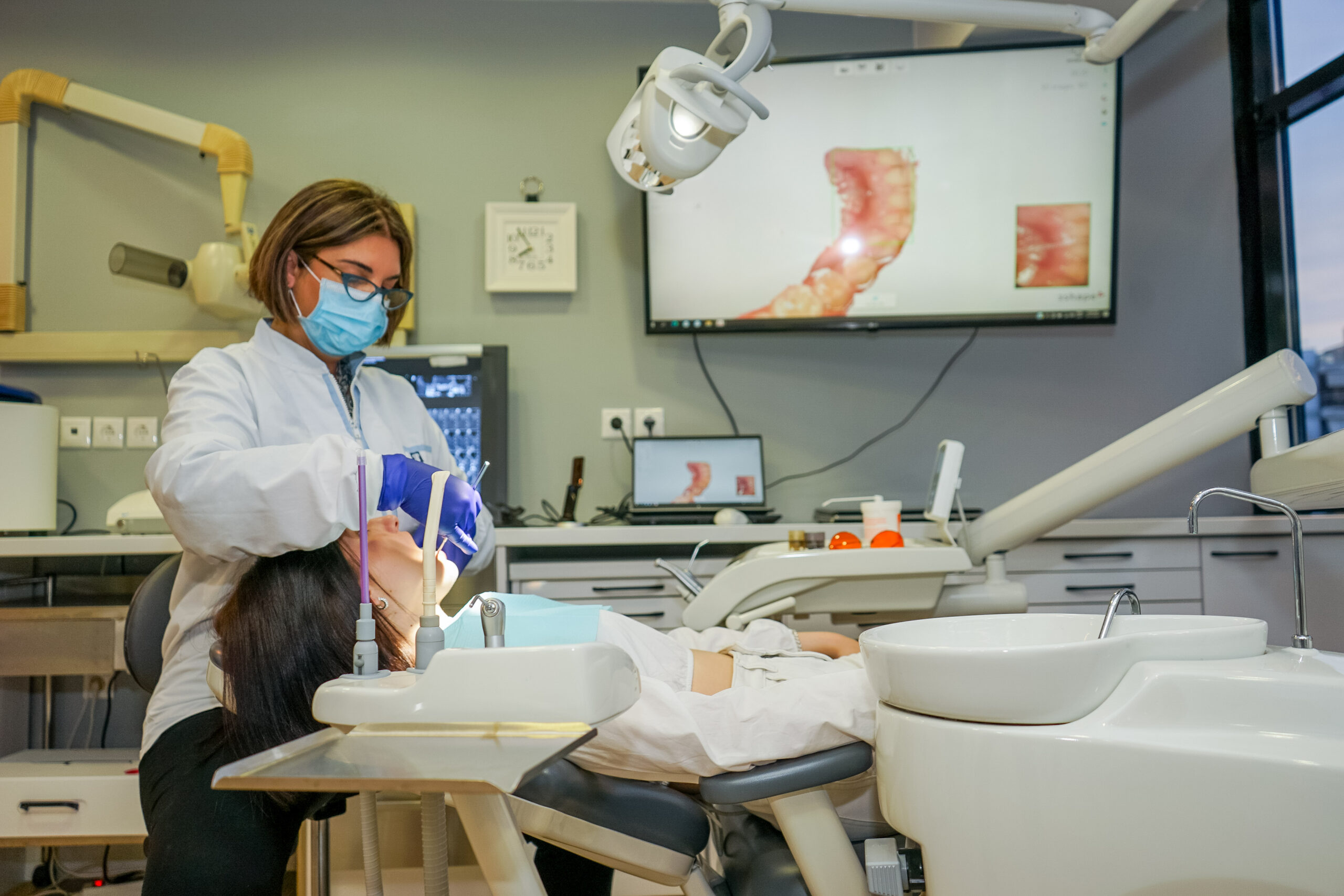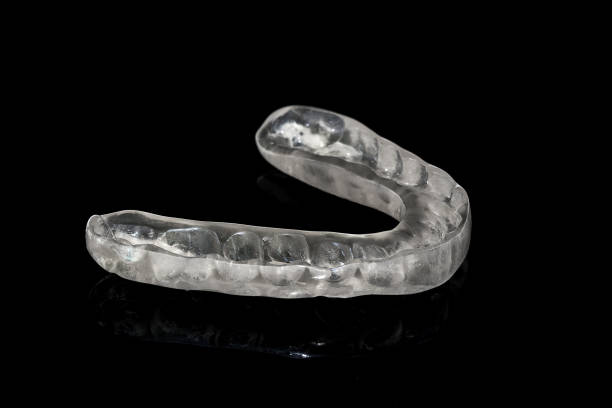Bruxism Treatment
Bruxism, commonly known as teeth grinding or clenching, is a prevalent dental issue that affects millions worldwide. Its etiology involves various factors, such as stress, anxiety, and an abnormal bite. Sleep bruxism occurs during slumber, while daytime teeth grinding can also manifest. Contributing elements include alcohol consumption, tobacco use, certain medications, and neurological conditions. The exact cause remains elusive, but it is believed to result from a complex interplay of physical, psychological, and genetic factors.
Bruxism’s outcomes can be severe, leading to excessive tooth wear, enamel erosion, tooth fractures, jaw pain, headaches, and temporomandibular joint (TMJ) disorders. Additionally, it can cause facial, neck, and shoulder muscle tension, impacting overall well-being.
Effective treatments encompass custom-made nightguards or splints, stress management, relaxation exercises, and behavioral therapies. Dental correction through orthodontic treatment or adjustments may also be necessary. By addressing bruxism comprehensively, its damaging consequences can be minimized, improving oral health and overall quality of life.

